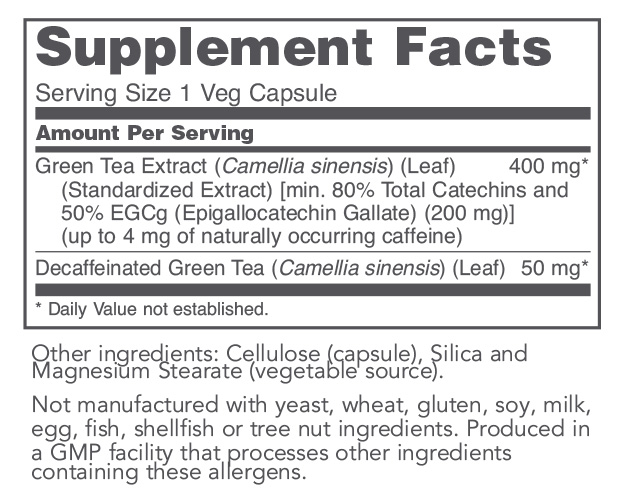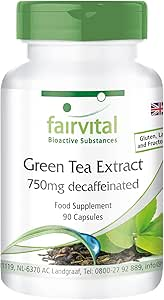Content Menu
● Introduction
● Understanding Green Tea Extract Composition
● Recommended Daily Dosage Guidelines
● Safety Considerations and Upper Limits
● Optimal Dosing Strategies
● Special Populations and Considerations
● Clinical Evidence and Research Findings
● Conclusion
● Frequently Asked Questions
Introduction
Green tea extract has emerged as one of the most studied natural supplements in modern nutritional science, garnering significant attention for its potential health benefits and therapeutic applications. This comprehensive analysis explores the optimal daily dosage of green tea extract, considering various factors including safety, efficacy, and individual health considerations. The primary active compound in green tea extract, epigallocatechin gallate (EGCG), has been the focus of numerous clinical studies and scientific investigations. Understanding the appropriate dosage is crucial for maximizing benefits while minimizing potential risks, as indicated by extensive research.
Understanding Green Tea Extract Composition
Green tea extract is a concentrated form of the compounds found in green tea leaves, primarily consisting of polyphenols, with EGCG being the most abundant and biologically active component. The composition of green tea extract typically includes various catechins, flavonoids, and other beneficial compounds that work synergistically to provide health benefits. Research has shown that the concentration of these compounds can vary significantly depending on the extraction method and standardization processes.

Recommended Daily Dosage Guidelines
Based on comprehensive clinical studies and systematic reviews, the recommended daily dosage of green tea extract varies depending on the intended use and individual factors. According to scientific research, a safe and effective daily intake level has been established at 338 mg of EGCG for adults when consumed as a solid dose supplement. For specific therapeutic purposes, such as weight management and metabolic health, studies have utilized doses ranging from 84 to 386 mg of EGCG per day.
Safety Considerations and Upper Limits
The safety profile of green tea extract has been extensively studied through numerous clinical trials and systematic reviews. Research indicates that while green tea extract is generally safe when taken within recommended doses, certain precautions should be observed:
1. Liver Health Monitoring: Studies have shown that high doses of green tea extract, particularly when taken as a bolus dose, may affect liver function in some individuals.
2. Timing of Consumption: The absorption and effects of green tea extract can be influenced by the timing of intake and whether it is taken with or without food.
3. Individual Sensitivity: Some people may be more sensitive to the effects of green tea extract, necessitating lower doses initially.

Optimal Dosing Strategies
To maximize the benefits of green tea extract while maintaining safety, consider the following dosing strategies:
1. Start with Lower Doses: Begin with a lower dose (around 100-200 mg EGCG) and gradually increase as tolerated.
2. Split Dosing: Rather than taking the entire daily amount at once, divide it into 2-3 smaller doses throughout the day.
3. Take with Food: Consuming green tea extract with meals can help reduce the risk of gastrointestinal discomfort and improve absorption.
Special Populations and Considerations
Certain populations may require modified dosing strategies:
1. Pregnant and Nursing Women: Should consult healthcare providers before using green tea extract.
2. Individuals with Liver Conditions: May need to avoid or limit green tea extract supplementation.
3. Those Taking Medications: Should discuss potential interactions with their healthcare provider.
Clinical Evidence and Research Findings
Recent clinical studies have demonstrated various therapeutic effects of green tea extract at different dosage levels. For instance, research has shown that doses of 856.8 mg of green tea extract daily can be effective for weight reduction and metabolic health improvements in specific populations.

Conclusion
The optimal daily dosage of green tea extract depends on various factors, including individual health status, intended benefits, and the form of supplementation. Based on current research, a daily EGCG intake of 338-386 mg appears to be both safe and effective for most adults. However, it's crucial to start with lower doses and monitor individual response while following proper safety guidelines and consulting healthcare providers when necessary.
Frequently Asked Questions
Q: What is the minimum effective dose of green tea extract?
A: Research suggests that doses as low as 84 mg of EGCG per day can provide some health benefits, particularly for metabolic health.
Q: Can I take green tea extract on an empty stomach?
A: It's generally recommended to take green tea extract with food to minimize the risk of gastrointestinal discomfort and optimize absorption.
Q: How long can I safely take green tea extract?
A: Long-term use appears safe when following recommended dosages, but regular monitoring and periodic breaks may be beneficial.
Q: Are there any interactions with medications?
A: Yes, green tea extract can interact with various medications, including blood thinners and certain antidepressants. Always consult with a healthcare provider.
Q: What's the best time of day to take green tea extract?
A: While timing can be flexible, taking divided doses with meals throughout the day may optimize absorption and minimize potential side effects.






























